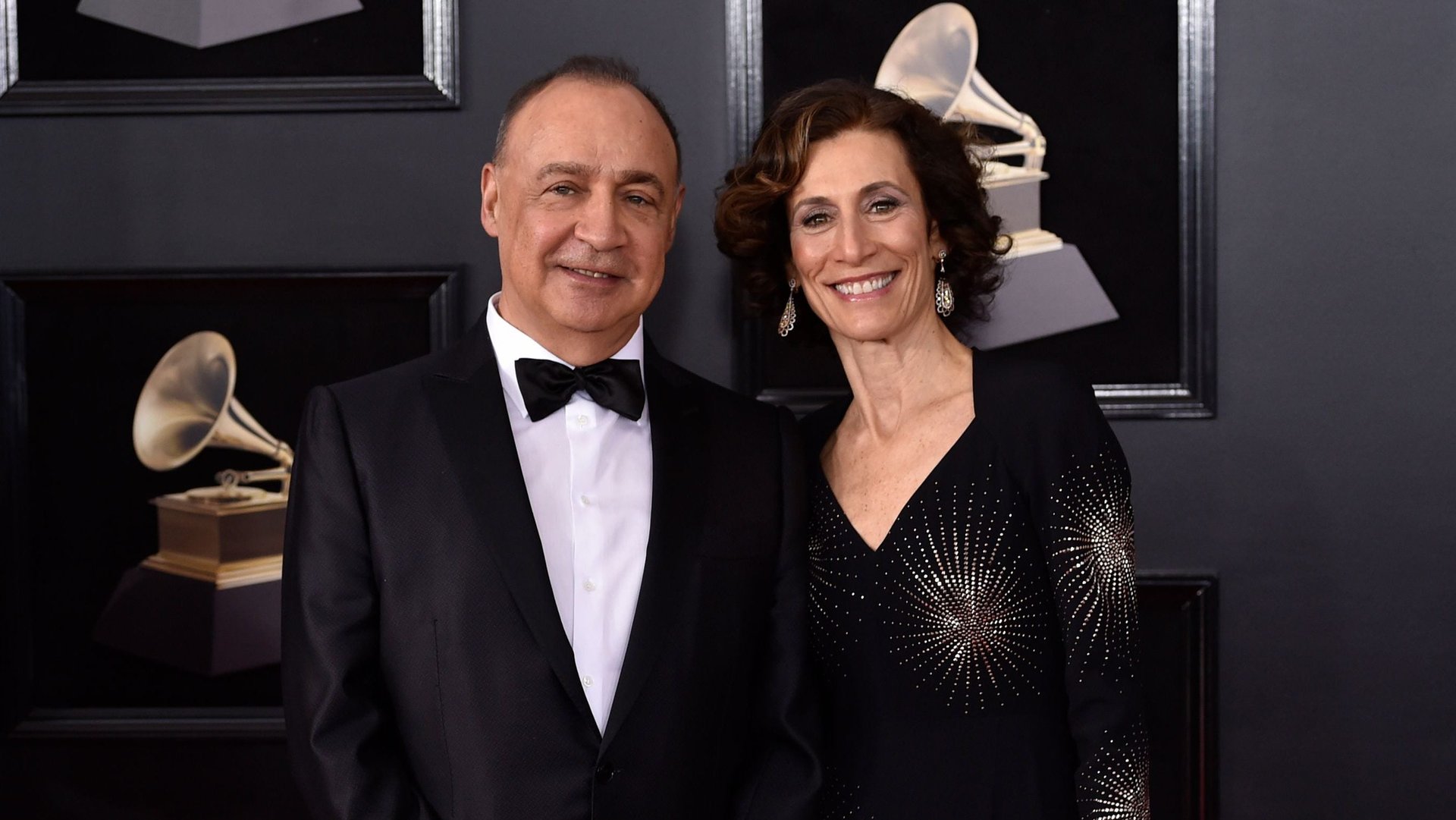Top US think tank criticized for taking $12 million from a Russia-tied oligarch
A group of 56 former US national security officials, academics, and activists have hit out at vaunted think tank Council on Foreign Relations (CFR) for accepting $12 million from Len Blavatnik, a Soviet-born oligarch whose business associates were sanctioned by the United States as part of the blowback against Russia’s interference in the 2016 election.


A group of 56 former US national security officials, academics, and activists have hit out at vaunted think tank Council on Foreign Relations (CFR) for accepting $12 million from Len Blavatnik, a Soviet-born oligarch whose business associates were sanctioned by the United States as part of the blowback against Russia’s interference in the 2016 election.
Last year, the US Treasury sanctioned Viktor Vekselberg, Blavatnik’s longtime business partner. Another associate, Oleg Deripaska, has been under sanctions since 2018. The US believes both men are among a group of oligarchs playing “a key role in advancing Russia’s malign activities.”
Blavatnik himself, a dual US-UK citizen raised in the Soviet Union, has not been sanctioned and there have been no allegations made against him of corruption or election interference. But his close associations are enough to make some uncomfortable.
“Blavatnik and his fortune cannot credibly be dissociated from individuals and entities who further Putin’s agenda in the U.S. and other democracies,” the signatories wrote in the letter sent to CFR, and seen by Quartz. The group said it was “deeply troubled” by the donation, alleging Blavatnik gave CFR the money as part of a longstanding campaign to “launder his image in the West” and “advance his access to political circles.”
The gift will fund the Blavatnik Internship Program, which CFR announced last month. The New York-based think tank, which publishes the august Foreign Affairs magazine, said the program will cover more than 100 paid internships per year.
Blavatnik is seen as the North Star for billionaires who made their money in countries with corruption problems and want to find a place in British and American high society. Having attained incredible wealth in Russia’s notoriously violent “aluminum wars” of the 1990s, Blavatnik has since cast himself as a “major American industrialist and philanthropist,” showering money on an array of prestigious institutions.
In a reply to the letter, CFR president Richard Haass declined the signatories’ call to return the donation, saying the think tank undertakes “a rigorous review” of potential donations. Haass thanked Blavatnik “for his generosity and foresight in endowing this program,” which he said will open the field to candidates from more diverse backgrounds.
A spokeswoman for CFR told Quartz the think tank was not concerned by the corruption allegations against Blavatnik’s associates, saying they “reject allegations based on guilt by association.” She said that Blavatnik will have no say in the program’s administration, or in other aspects of CFR’s research, and that there is no planned interaction between Blavatnik and the interns. CFR decided to name the internship after Blavatnik “to recognize his generosity and vision,” she wrote in an email. An outside spokesperson for Blavatnik’s Access Industries declined to comment, referring Quartz to CFR.
The signatories include Pavel Litvinov, a human rights activist who was exiled to Siberia in 1968 as one of a group of eight people who occupied the Red Square in protest against Moscow’s invasion of Czechoslovakia, and Vladimir Milov, a Russian opposition politician and friend of murdered former deputy prime minister Boris Nemtsov. Five CFR members also signed the letter, including Evelyn Farkas, a former US defense department official responsible for Russia, Ukraine, and Eurasia.
Blavatnik is a major funder of institutes, government schools, museum wings, and even seating tiers at the likes of Harvard, Oxford, London’s Tate Modern, and New York’s Carnegie Hall. Those donations have not been without controversy. Harvard has been accused of “whitewashing” Blavatnik’s reputation, and an Oxford professor quit Blavatnik’s school after Quartz reported that the oligarch donated $1 million to US president Donald Trump’s inauguration committee. Last year, the founder of the conservative Hudson Institute’s Kleptocracy Initiative resigned after the think tank reportedly took $50,000 from Blavatnik, telling the New York Post, “Blavatnik is precisely what the Kleptocracy Initiative is fighting against.” Hudson later returned the money, according to the FT.
Earlier this year, a Quartz investigation revealed that while donating millions to US politicians, Blavatnik had business ties to a Russian government minister. It’s not illegal to have ties to the Russian government, but Blavatnik’s background reportedly raised eyebrows in the context of Russia’s election interference. Special counsel Robert Mueller apparently looked into donations to the inauguration committee by Blavatnik and other GOP donors with Russian ties, but Blavatnik didn’t appear in Mueller’s eventual report.